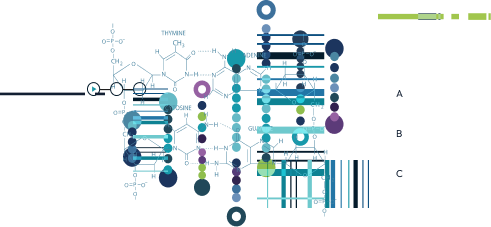We See More in Epilepsy

All epilepsy genetic tests are not equal. With our whole genome platform we see more. More variants, with greater resolution, all with one sample.
A genetic diagnosis can be life changing
An accurate genetic diagnosis enables the best possible medical management. Testing may:
- Identify disorders with specific targeted treatments
- Identify treatments to stop or avoid
- Identify eligible clinical trials
- Reduce the need for additional, invasive testing
- Inform family planning
- Connect families with support networks
Many epilepsy patients benefit from genetic testing
The testing methodology makes a difference
Whole genome testing reveals more in every test
Genetic disorders are caused by a wide variety of DNA changes. Comprehensive detection of all major clinically relevant variant types requires the right technology. PCR-free whole genome sequencing (WGS) generates uniform coverage of >98% of the patient’s DNA. Compare that to PCR-based panel and exome technologies that remove and skew data, generating fragmented coverage of only 1-2% of the patient’s DNA. Pairing WGS with our Genomic Intelligence® proprietary analytical software provides the most comprehensive variant detection available.

Variants detected by our targeted Genomic Unity® Epilepsy Analysis include:
Our comprehensive analyses extend detection to >30 additional repeat expansion genes, mitochondrial sequence variants (with heteroplasmy) and mitochondrial deletions. View our epilepsy test portfolio.
More variants are revealed with greater resolution
Our whole genome platform has a detection range from 1bp to whole chromosomal events. Intronic and intergenic regions are always included. As a result, our testing identifies copy number variants (plus complex structural variants like inversions) missed by other exome and panel tests. Explore two representative example cases.
Learn more about our testing options
Ready to learn more?
Connect with a Clinical Specialist to find out how easy it is to bring the power of whole genome sequencing into your practice.


